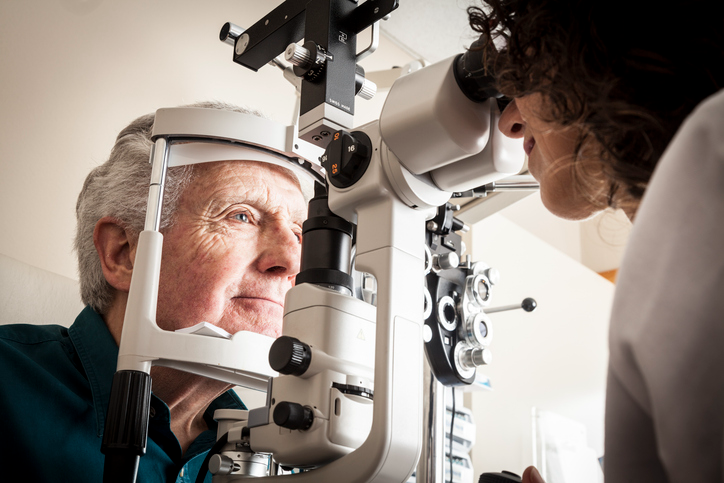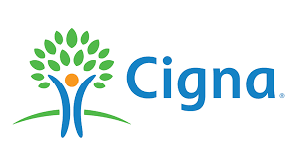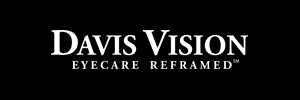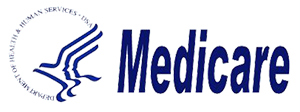As we age, our bodies undergo various changes, and our vision is no exception. Many adults over the age of 40 begin to experience shifts in their eyesight due to the natural aging process. However, understanding these changes and knowing how to manage them can significantly impact our quality of life, helping us maintain clear vision well into our later years. This blog post will delve into common age-related vision changes and provide actionable advice for managing these changes effectively.

Presbyopia: Adjusting to New Focal Needs
One of the most common vision changes that occur with age is presbyopia. This condition affects your ability to see close objects or small print clearly and usually becomes noticeable in your early to mid-40s. Combatting presbyopia can be as simple as using reading glasses or seeking other corrective measures such as contact lenses or surgical options. New advancements in eyedrop medicines have also shown promise in improving near vision affected by presbyopia.
Navigating Night Vision Difficulties
Many older adults find their ability to see in low light diminishes over time. This decrease in night vision can make activities like driving after dark more challenging. To manage this, it’s essential to ensure adequate lighting in your home and limit driving to daytime hours if necessary. For those experiencing severe difficulties, consulting with an ophthalmologist for potential treatments or corrective measures is advisable.
Addressing Dry Eyes and Decreased Tear Production
Dry eye syndrome becomes more prevalent with age, especially among women post-menopause. This condition can lead to discomfort and blurred vision. The best course of action is to seek advice from an eye care professional who can recommend treatments such as artificial tears, medications, or in-office procedures to alleviate symptoms.
Managing Cataracts and Other Age-Related Conditions
Cataracts affect over half of Americans by the age of 75. This condition, which clouds the eye’s natural lens, can significantly impair vision but is treatable with surgery. Likewise, conditions like age-related macular degeneration (AMD) and glaucoma can lead to vision loss if not managed properly. Regular eye exams can help detect these conditions early, and treatment options can slow their progression.
Emphasizing Regular Eye Exams
Regular eye exams become increasingly important as you age. These exams can help catch early signs of eye diseases, allowing for early intervention. The American Academy of Ophthalmology suggests that adults get a baseline eye exam by age 40, followed by checks every one to two years after reaching 65.
Protecting Your Vision with Lifestyle Choices
Maintaining a healthy lifestyle can also play a crucial role in preserving your vision. This includes eating a diet rich in antioxidants, wearing UV-protective sunglasses outdoors, quitting smoking, and managing chronic health conditions like diabetes or high blood pressure, which can impact eye health.
Schedule Your Eye Exam Today
If you’re experiencing changes in your vision or concerned about age-related eye conditions, let Eyes On Norbeck help. As your trusted eye care professionals in Rockville, MD, we’re dedicated to providing the comprehensive care you need to keep your vision sharp and your eyes healthy at every stage of life.
Take the first step towards managing age-related vision changes by scheduling an eye exam with us today. Contact us at (301) 238-7199 or fill out our online form. Our team at Eyes On Norbeck is here to guide you through understanding and addressing your vision needs as you age.








